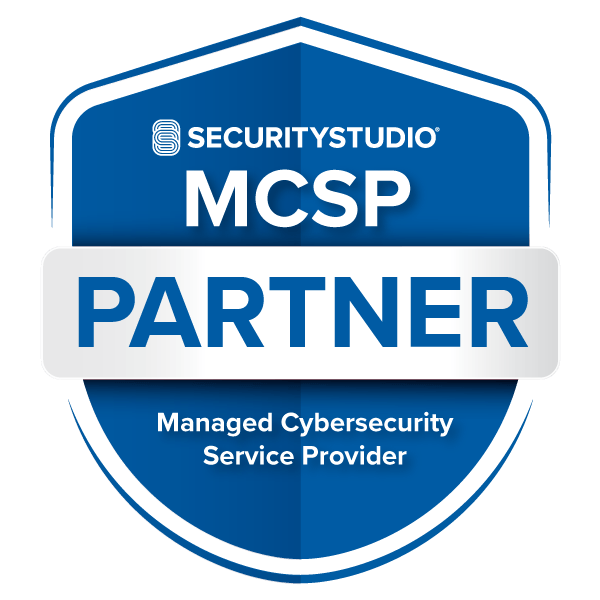MCSP- Managed Cybersecurity Service Provider
An MCSP is a managed services provider that provides cybersecurity and vCISO-type services but does not have its own SOC. Typically, it has a CISSP or vCISO on staff.
The Changing Landscape
For MSPs, the landscape is changing. A real apparent shift is happening in the IT industry. Attend any MSP event or conference and you will see over 80% of vendors providing some cybersecurity solution. As external threats, breaches, ransomware, and government mandates plague everyday business, the requirements for services that meet the needs of the business customer are changing. As a result, so are the expectations of what they provide. MSPs with the knowledge, tools, and resources necessary to effectively navigate the complex landscape of risk management and provide comprehensive cybersecurity services to their clients will find themselves leading the pack. Those who wait too long or continue with the status quo might find it harder to gain new customers, with the rise of the MCSP (Managed Cybersecurity Service Provider). To stay competitive, the new MSP will need a broader scope of services and expertise to effectively serve the changing landscape.
What’s Next for MSPs?
Today, there are MSPs and MSSPs. Though many MSPs may strive to become an MSSP, the requirement to build out an internal SOC and invest in the necessary facility, equipment, tools, etc. may be more than most will be able to achieve. Accordingly, the MCSP will enter to fill this gap. An MCSP is a specialized type of MSP that offers cybersecurity solutions and often provides virtual Chief Information Security Officer (vCISO) services in addition to traditional managed services. Unlike MSSPs, an MCSP does not have its own Security Operations Center (SOC) but does typically have a CISSP or vCISO on staff.
The MSP Evolution
MCSP is an attainable evolution or next step for the traditional MSP. Its core offering revolves around managing and safeguarding the information technology (IT) infrastructure and systems of its clients from cyber threats. This includes protecting networks, applications, endpoints, data, and other digital assets. The MCSP’s primary objective is to ensure the confidentiality, integrity, and availability of its clients’ information while mitigating risks and addressing vulnerabilities.
All in One- The MCSP
An MCSP fills a crucial role by combining managed services with cybersecurity expertise. By offering comprehensive cybersecurity services and vCISO guidance, you can help organizations of all sizes enhance their security posture and protect against evolving cyber threats, even without operating your own SOC. Just about any current MSP can obtain the knowledge and services necessary to evolve their business into an MCSP.

MCSP Partner Badge
If you’re looking to become an MCSP, we can help! As part of a partnership with SecurityStudio, we will help you become a certified MCSP and guide you on the path of becoming a Certified virtual Chief Information Security Officer (CvCISO).

